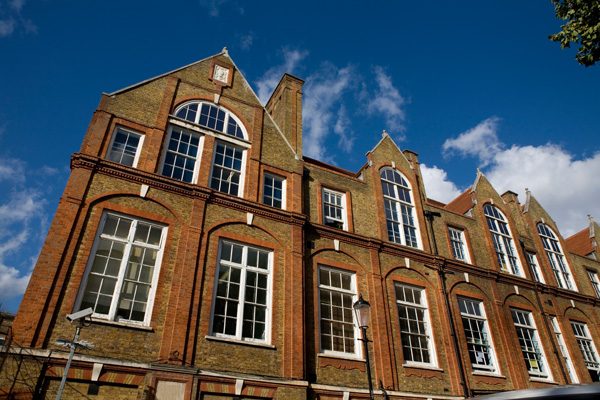The first thing to know about the UK school system is that there isn’t one. Each of the four nations – England, Wales, Scotland and Northern Ireland - operates differently, with different curricula. However, there are similarities too, especially in the independent sector.

State schools and private schools in the UK
Across the four nations, schools are made up of state-funded (sometimes called ‘maintained’) schools, which are free to attend, and private (otherwise known as ‘independent’) schools (some of which confusingly call themselves ‘public schools’), which charge school fees.
Around six per cent of children attend private schools in England, some four per cent in Scotland, two per cent in Wales and less than one per cent in Northern Ireland.
The rest of the school-age population of the UK attends state schools. The structure of state education varies considerably from nation to nation but the broad content – in other words what makes up the curriculum – remains fairly similar.
With private schools across the four nations there are more similarities (although be warned there is often variation within the nations themselves eg some English prep schools finish at age 11, others at age 13).
Faith schools in the UK
A third of schools in the UK are faith schools. In some nations eg Northern Ireland, education is a lot more segregated according to faith than in others. Note that faith, in the context of what happens at school, can mean as little as Christian hymns in assembly once a week right through to priority given to applicants of a particular faith. Most faith schools in the UK are Church of England or Catholic.
Co-ed and single-sex schools
Single-sex schooling was standard in secondary education across the UK until the 1970s, especially for private, grammar and secondary modern schools. Most UK schools now educate both boys and girls together (co-ed). Some grammars, faith schools and private schools remain single-sex.
At primary level, all state schools (with the exception of some faith schools and some in Northern Ireland) are co-ed. Some private prep schools remain single-sex.
The debate about whether co-ed or single-sex schools lead to better outcomes (both academically and in terms of preparation for life) continues to be strong, with research for and against on each side. Read more about this in our article on co-ed and single sex schools.
How does education differ across the UK?
Each nation has its own national curriculum and, even where national qualifications are shared, there may be differences (eg content and grading). Other key areas of difference are when the academic year runs, the school starting and leaving ages, and what the year groups are called.
England
- The national curriculum covers ages 4-16 (although full-time education is compulsory until age 18). Click for more information on the school system and curriculum in English primary schools and English secondary schools
- GCSEs are the national qualifications.
- Full-time education is compulsory until 18. Most children study for A levels after GCSEs but there are other Level 3 alternatives.
- Most state schools are non-selective, but entrance into grammar schools is via the 11+.
- Private schools, along with state-run academies and free schools, can opt out of the national curriculum.
Northern Ireland
- The national curriculum runs from ages 4 to 16. Click for more information on the school system and curriculum in Northern Irish schools
- More than 90 per cent of schools in Northern Ireland are divided along faith lines although not always explicitly.
- At least half of all children in Northern Ireland sit the transfer test at 11+ to try and get into a grammar school.
- GCSEs are the national qualifications.
- The child’s age after 1 July determines when they start school and what school year they are in, and the earliest a child can leave school is at the end of June following their 16th birthday.
- There are just 16 private schools in Northern Ireland, and these follow their own curriculum.
Scotland
- The Curriculum for Excellence covers ages 3-18. Click for more information on the school system and curriculum in Scottish primary schools and Scottish secondary schools
- Children usually start primary school between age 4-and-a-half and 5-and-a-half years old, depending on when their birthday is. Also, the academic year is different, running from mid to late August through to June.
- The national qualifications are National 4s and 5s, Scottish Highers and Scottish Advanced Highers.
- A handful of independent schools in Scotland follow the English system; for the rest, it’s the Curriculum for Excellence.
Wales
- The compulsory school starting age is age 5 (although most start earlier) and ends at 16 (although many schools go up to 18). Click for more information on the school system and curriculum in Welsh schools
- Key stages have been replaced by one continuum of learning from ages 3 to 16.
- National qualifications are GCSEs (although Wales uses different grading and content under its new curriculum).
- Private schools don’t have to follow the curriculum.
- All children in Wales have to learn Welsh up until 16.
